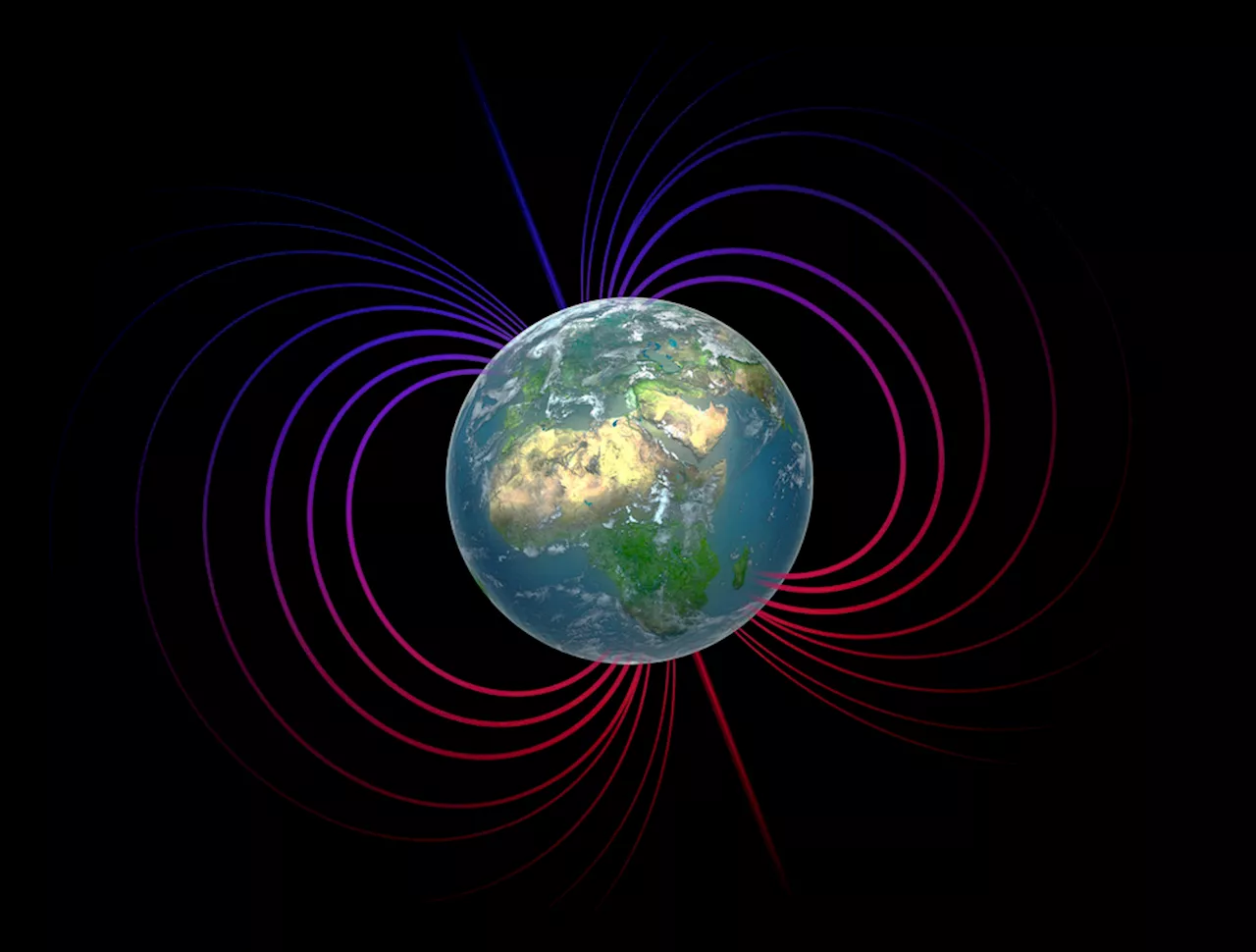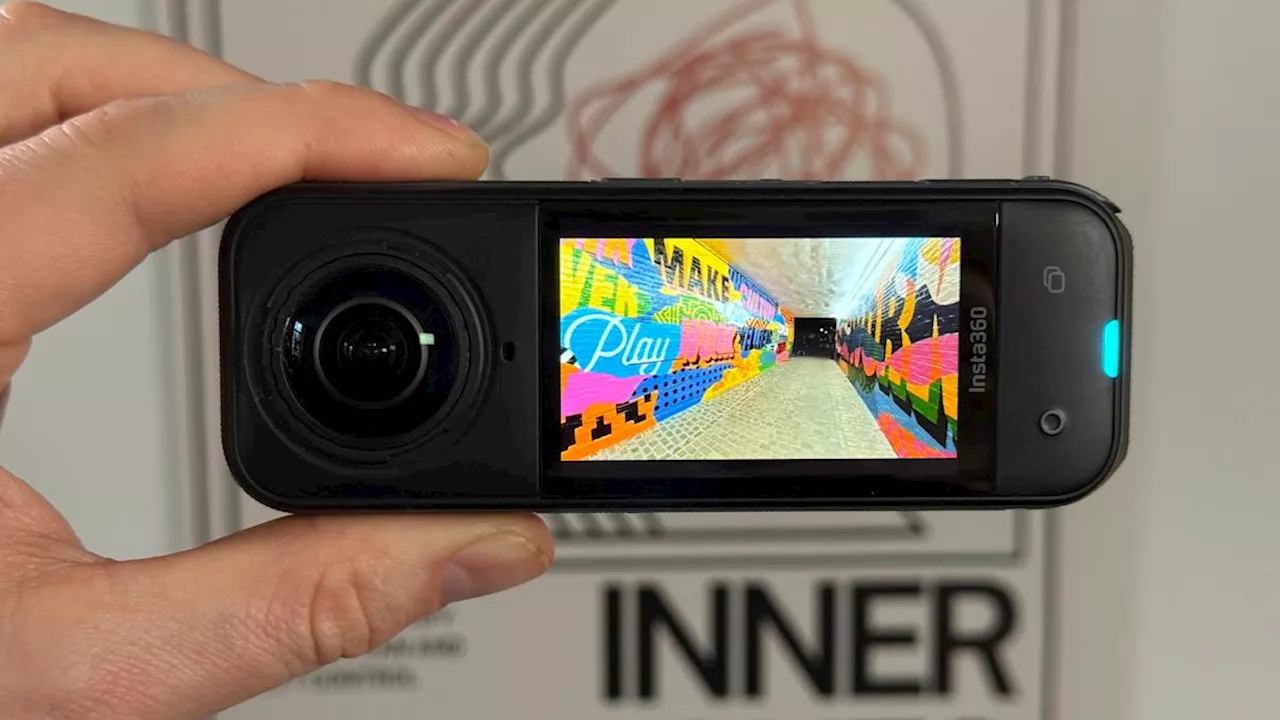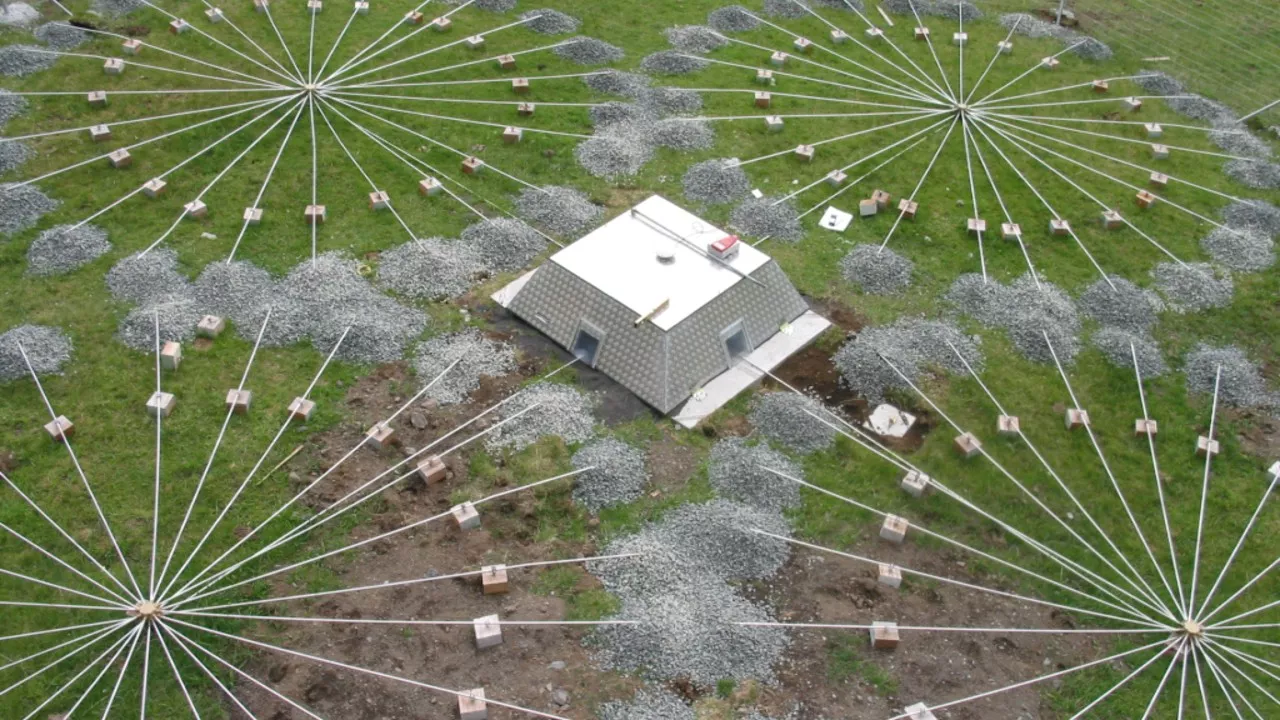Tereza is a London-based science and technology journalist, aspiring fiction writer and amateur gymnast. Originally from Prague, the Czech Republic, she spent the first seven years of her career working as a reporter, script-writer and presenter for various TV programmes of the Czech Public Service Television.
Scientists are studying how sensors designed to detect nuclear tests could help track space junk and meteorites crashing down in the world's most remote regions.
"The advantage of using the regional and global infrasound sensor network for studying trajectories of bolides and space debris is that it provides truly worldwide coverage operating continuously day and night and in all weather conditions," Elizabeth Silber, a scientist at Sandia National Laboratories in the U.S., told Space.com.
They found that while trajectories of space rocks and junk that fall into the atmosphere at steep angles of 60 degrees or more are easy to reconstruct from infrasound measurements, the same doesn't apply to objects flying through the atmosphere at shallower angles. "At distant observing stations, signals from different segments of that long trajectory can dominate, causing significant variability and uncertainty in the measured arrival directions," Silber explained.
"Objects re-entering from low Earth orbit generally do so at extremely shallow angles," Silber said."This is because their orbits decay gradually due to atmospheric drag, causing them to spiral inward over time rather than plunging steeply."Most meteorites, too, enter at angles smaller than 60 degrees, with 45 degrees being the most common angle at which space rocks hit the atmosphere, Silber admitted.
United States Latest News, United States Headlines
Similar News:You can also read news stories similar to this one that we have collected from other news sources.
 'Unjammable' Quantum Sensors Navigate by Earth's Magnetic FieldWith aircraft increasingly targeted by GPS jammers, the search for new ways to navigate is hotting up.
'Unjammable' Quantum Sensors Navigate by Earth's Magnetic FieldWith aircraft increasingly targeted by GPS jammers, the search for new ways to navigate is hotting up.
Read more »
 Earth Day Quiz: Test your Earth Day KnowledgeAssociate Lifestyle Reporter
Earth Day Quiz: Test your Earth Day KnowledgeAssociate Lifestyle Reporter
Read more »
 Alien: Earth Celebrates Earth Day With Ominous New TeaserComic Book Movies, News, & Digital Comic Books
Alien: Earth Celebrates Earth Day With Ominous New TeaserComic Book Movies, News, & Digital Comic Books
Read more »
 Celebrate Mother Earth with these Earth Day festivities in SoCalHere are ways you can celebrate Earth Day 2025 around Southern California.
Celebrate Mother Earth with these Earth Day festivities in SoCalHere are ways you can celebrate Earth Day 2025 around Southern California.
Read more »
 Earth Fest is co-opting our beloved Earth DayOPINION by MANDY DAVIS Every year, I have looked forward to getting together with my earth and ocean loving friends to celebrate our love of and
Earth Fest is co-opting our beloved Earth DayOPINION by MANDY DAVIS Every year, I have looked forward to getting together with my earth and ocean loving friends to celebrate our love of and
Read more »
 Insta360 X5 camera hands-on: Bigger sensors, improved low light performanceMat Smith heads up Engadget’s daily newsletter from London, UK. He has worked at Engadget for over a decade and has covered console gaming, flagship smartphones, the Apple Watch and fitness tech that promises to make him faster or stronger. He’s currently learning how to backflip.
Insta360 X5 camera hands-on: Bigger sensors, improved low light performanceMat Smith heads up Engadget’s daily newsletter from London, UK. He has worked at Engadget for over a decade and has covered console gaming, flagship smartphones, the Apple Watch and fitness tech that promises to make him faster or stronger. He’s currently learning how to backflip.
Read more »
